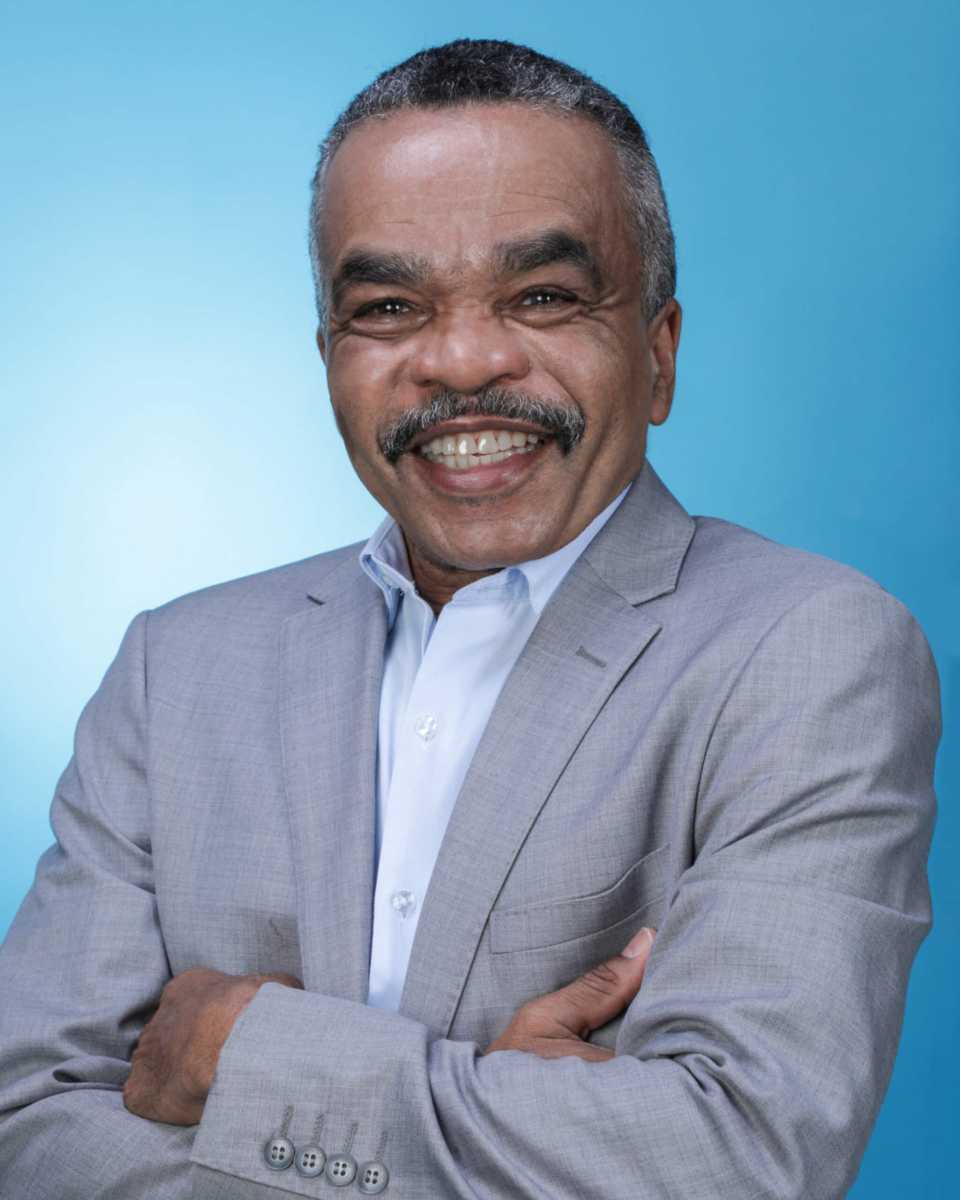José Francisco Ávila, the Honduran-born chairman of the Board of the Bronx-based umbrella Garifuna Coalition, USA, Inc., has announced the title of his forthcoming book, saying that the struggle to reconcile social perceptions of his multiracial and ethnic heritage led him to research his Garifuna ancestry.
“I embraced my Garifuna identity and took pride in it,” Ávila told Caribbean Life over the weekend in revealing the title of his proposed book, “Pan-Garifuna Afro Latino Power of Pride: My Quest for Racial, Ancestral, Ethnic and Cultural Identity.”
“The power of Garifuna ethnic pride led to my lifetime mission to inform, empower and advocate for Garifuna People, which led to the modern Garifuna and Afro descendant movement in Latin America,” added Ávila, the managing partner of Garifuna Afro-Latino Entertainment LLC, a Bronx-based full-service entertainment company.
“Ancestry is our place of origin or where we came from, therefore, our biogeographic history,” continued Ávila, stating that, while he was born in Honduras, his research revealed that St. Vincent and the Grenadines is the ancestral homeland of the Black Caribs, or Garifuna, before they were forcibly deported by the British to Honduras.
“I discovered that my Black Carib/Garifuna Ancestors were the true reflection of a dynamic symbol of resistance to colonization — brave and courageous people who successfully resisted slavery,” he said, pointing out that they fought the British Empire for over 30 years in defending their homeland, which they called “Yurumein”.
Ávila – also an author, self-publisher and social justice activist — noted that the British ordered two regiments from North America to subdue the Black Caribs.
“Unable to subdue them, they offered honorable terms of peace,” he said. “The terms of the treaty, which were printed in the government Gazette of 1773, was the first time the British Empire signed a treaty with non-European people.”
Ávila said that Paramount Black Carib/Garifuna Chief Joseph Chatoyer was immortalized in 1823, when William Henry Brown recognized as the first American playwright of African descent wrote “The Drama of King Shotaway.”
“The Drama of King Shotaway” is a play that is recognized as the first Black drama of the American Theatre and had as its subject “The 1795 Black Caribs (Garifunas) defense of the Island of St. Vincent against Colonization led by Paramount Chief Joseph Chatoyer,” Ávila said.
“Learning their history increased my sense of ethnic pride, and led me to place the nurturing and promotion of Garifuna pride at the center of my grassroots social justice advocacy,” he said. “The renewed pride led me to organize the First Intercontinental Garifuna Summit Meeting in 1991 in New York City.”
Ávila – who was appointed by New York City Mayor Bill de Blasio to the first New York City Nightlife Advisory Board and is a member of the Bronx Music Heritage Center Advisory Board — said the theme of the meeting was “Uwala Busiganu, Garinagu Wagia” (Don’t Be Ashamed, We Are Garifuna), and the motto “Garinagu’s Path to the 21st Century.”
He said the vision was to organize a Pan Garifuna Movement aimed at encouraging and strengthening bonds of solidarity among all Garifuna peoples.
“The objective was to overcome the invisibility of the Garifuna Diaspora, due to the fragmentation caused by nationality (Honduran, Belizean, Guatemalan and Nicaraguan), and hometown associations (Corozal, Dangriga, Labuga, or Orinoco),” said Ávila, a recipient of the Smithsonian Folkways Certification in World Music Pedagogy and an alumnus of New York Coro’s Immigrant Civic Leadership Program, “We Are The Bronx Fellowship Leadership Program”.
“I envisioned a unified Garifuna nation where all people of the Garifuna Diaspora would come together [in] self-identifying as Garifuna,” he added.
Ávila said that, from Jul. 3 – 5, 1992, the Second Intercontinental Garifuna Summit Meeting was held in Los Angeles, Ca, with the main objective of reunifying the Garifuna people through the formation of an umbrella Garifuna organization, such as the National Garifuna Council of Belize (NGC), in each country in the Diaspora.
“In the process, I discovered that [my] maternal grandmother was born in Coxene Hall, Roatan, of Grand Cayman Ancestry, which led me to also embrace my Afro-Latino identity, as a Black man born in a Spanish-speaking country,” Ávila said.
He said that when the plans laid at the Second Intercontinental Garifuna Summit Meeting did not materialize, the Belize NGC tried to organize the Garifuna people at the regional level and hosted a gathering in Dangriga, Belize from Aug. 25 – 27, 1995.
But Ávila said the attendance of Afro-descendants from Panama, Costa Rica, Nicaragua, Guatemala, Belize and Honduras, resulted in the establishment of the Central American Black Organization (CABO/ONECA) “and not an organization for the Garifuna Nation.”
He, however, said that the Intercontinental Garifuna Summit Meetings launched the modern Garifuna Movement in New York City and served as a “catalyst for the commemoration of the 200th Anniversary of the Garifuna Settlement in Central America, known as “The Garifuna Bicentennial,” in April 1997.
Ávila said the Garifuna Bicentennial laid the foundation for the modern Garifuna movement in Central America, stating that it became “the driving force for the Afro descendant movement in Latin America.”
“The Central American Black organization was the realization of the vision established, based on nurturing and promotion of Garifuna pride,” he said. “There lies the origin of my book’s title, ‘Pan-Garifuna Afro Latino Power of Pride: My Quest for Racial, Ancestral, Ethnic and Cultural Identity.’”























